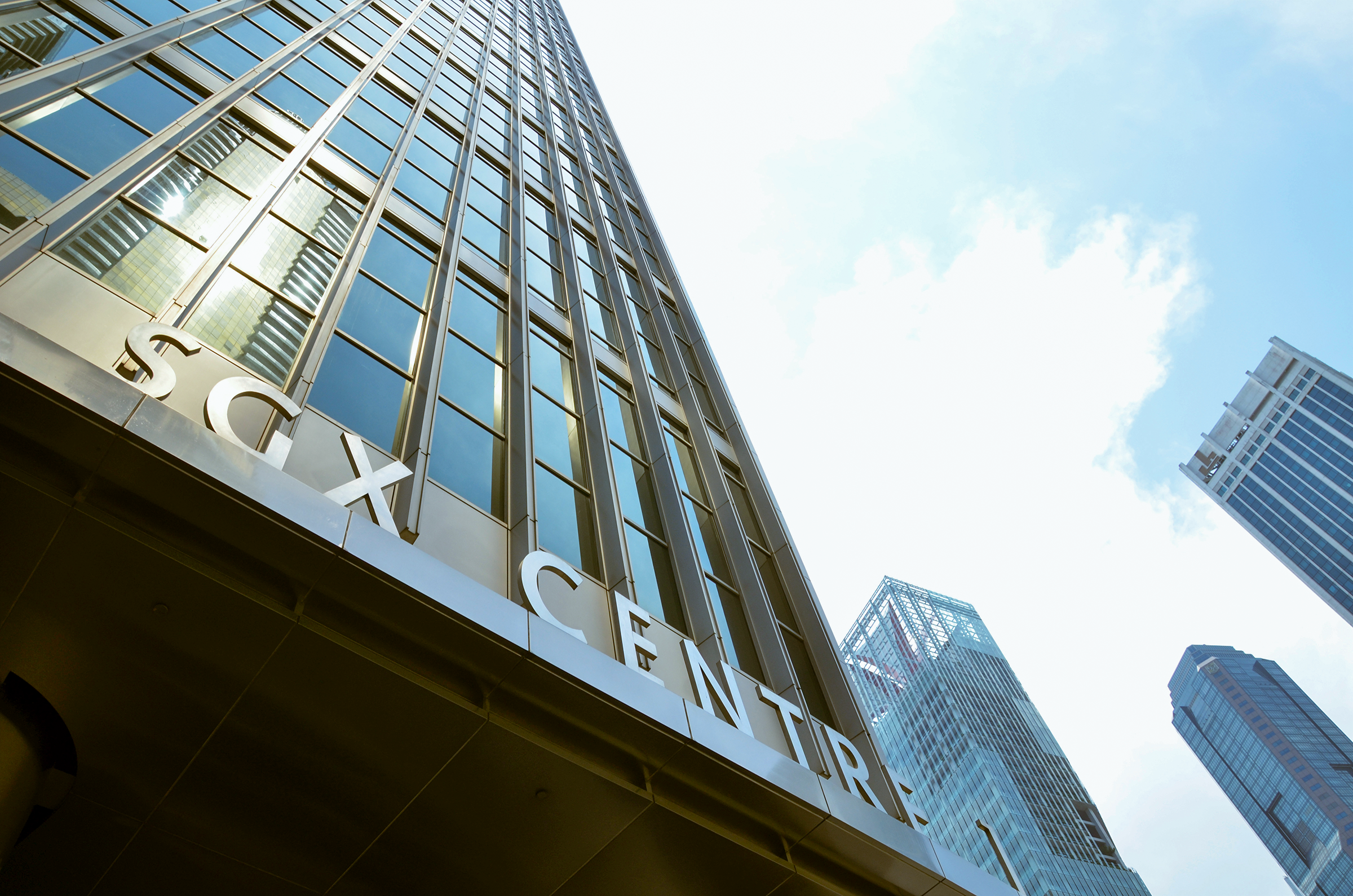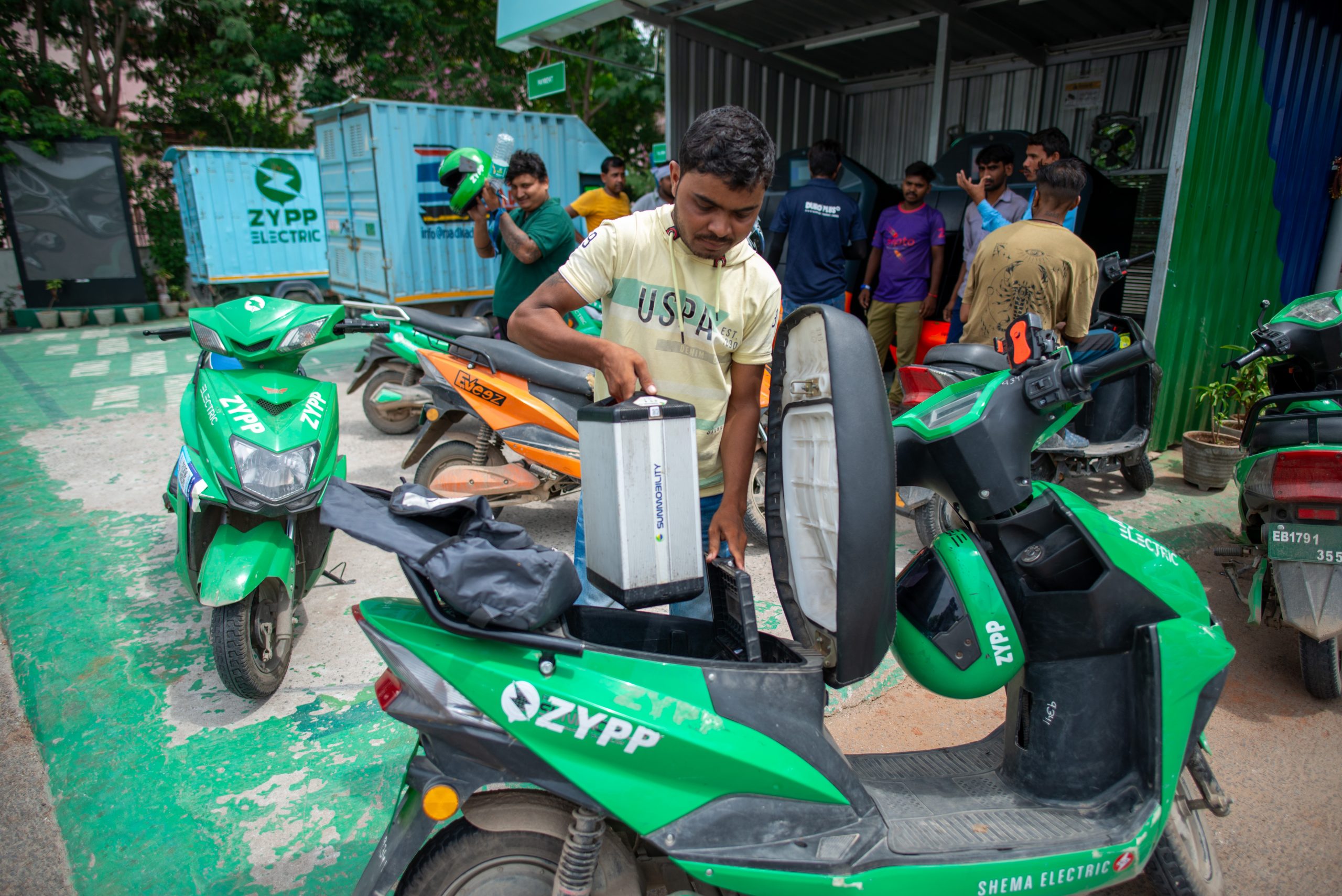Singapore companies and their Southeast Asian peers have been turning to Hong Kong for capital to fund their growth ambition in recent years, with an eye on gaining a foothold in the Greater Bay Area. Can the new coronavirus outbreak halt the trend?

Photo credit: strippedpixel / 123RF
Eighteen companies from the region raised US$270.2 million (HK$2.1 billion) last year on their way to Hong Kong stock exchange listings, compared with 16 that raised US$238.9 million in 2018, according to data compiled by Refinitiv. Singapore also contributed the fifth largest number of global startup companies with headquarters in Hong Kong, a government study shows.
The trend has helped underpin Hong Kong’s role as the top fundraising market despite anti-government protests that gripped the city over the past eight months. The prize may be too big to ignore: a cluster of 11 vibrant cities in an area that makes up one-eighth of China’s economy, or twice as large as San Francisco Bay’s.
Hong Kong’s strengths include “its position as one of the major financial and business centers in the world, high liquidity, and profile of the stock market,” said Ivy Wong, Asia Pacific chair of Baker McKenzie’s capital markets practice. The availability of investment and private equity funds “as well as accessibility to the China market” are also crucial, she added.
CTR Holdings, whose main construction business is in Singapore, started trading in Hong Kong on January 15 after its HK$82 million stock offering. It was preceded by 54 companies from the Southeast Asian region, which have raised US$2 billion from their IPOs over the past five years. Singapore firms alone raised 11.5% more in 2019.
“We want to get closer to the big market, so we opt for listing in Hong Kong,” chairman and chief executive Xu Xuping said after its stock debut. “We are not worried about the social unrest, which would only be a short-term issue. We have confidence in the long-term prospects of Hong Kong.”
Charles Li Xiaojia, CEO of Hong Kong Exchanges and Clearing, has also targeted Southeast Asian companies to help sustain its position as the top capital markets, apart from top-notch global companies. Last year, the exchange hosted 146 IPOs, which raised a combined HK$312.9 billion of proceeds, putting Hong Kong atop the fundraising venue worldwide.
However, the deadly coronavirus outbreak this month has given Li and Hong Kong a new set of challenges, on top of a shrinking local economy. The health crisis has hit the transport, tourism, and hotel businesses, and could possibly derail some of the listing plans in the pipeline in the near term.
“The virus outbreak is likely to put the red-hot IPO rally on pause for a while, as the stock market sentiment will be weakened as a result of it,” said Jeffrey Chan Lap-tak, founding partner of Oriental Patron Financial Group. “Some companies may postpone or scale down their offerings if they cannot get the valuation they want.”
Singapore ranked only 21st among global bourses based on US$1.93 billion proceeds from six IPOs, according to data of Refinitiv. While Thailand ranked higher with 19 IPOs and US$3.57 billion proceeds, some of its companies have opted for Hong Kong listing.
Platt Nera International, an information technology company, went public on July 16, a month after the anti-government protests broke in opposition to the now withdrawn extradition bill.
“The Hong Kong stock market is the best place for Southeast Asian companies to raise funds,” Chairman and chief executive Prapan Asvaplungprohm. “It is a very liquid market. The protests are a short-term issue and should be resolved eventually.”
Singapore entities are leading the pack from Southeast Asia by setting up their regional headquarters in Hong Kong. Some 9,040 foreign companies have done so as of June 3 last year, including 446 from Singapore, 713 from the UK, 1,344 from the US, 1,413 from Japan, and 1,799 from mainland China, according to InvestHK and the statistics department.
While they have not compiled the data since then, some industry players including Karen Contet Farzam said the city has not lost its edge through the protests. The co-founder of AngelHub fundraising platform said startups from Singapore, London, Israel, and France still favored in the city, based on her volume of works.
“While the social unrest may have affected the restaurant and tourism, the protests have not hurt the technology and fintech sector,” she said. “Hong Kong is an ideal market for international startups to raise funds as it is part of the Greater Bay Area.”
Hong Kong also holds a special place for Ch’ng Poh Tiong. The 64-year old Singaporean food and wine writer will host some 200 guests at his next book launch in July in a Hong Kong restaurant in Wan Chai, one of the frequent protest flashpoints.
“It is my little way of saying ‘thank you, Hong Kong’ for helping me,” said Ch’ng, who provides consultancy services to Singapore supermarket chain NTUC Finest. “You do not give up on your loved ones or friends when the going gets tough.”
Visit SCMP.com for the latest China tech news.
Copyright (c) 2020. South China Morning Post Publishers Ltd. All rights reserved.
Recommended reads
 Global investors bet on SEA stocks amid US-China tensions
Global investors bet on SEA stocks amid US-China tensions Fore Coffee brews $24m IPO despite market jitters
Fore Coffee brews $24m IPO despite market jitters Why Indian EV players are charging into the SEA opportunity
Why Indian EV players are charging into the SEA opportunity The keys to J&T Express’ rapid global expansion
The keys to J&T Express’ rapid global expansion Malaysia, Indonesia overhyped Elon Musk’s Tesla, Starlink
Malaysia, Indonesia overhyped Elon Musk’s Tesla, Starlink Chinese automaker Chery to produce 50,000 EVs in Thailand with upcoming plant
Chinese automaker Chery to produce 50,000 EVs in Thailand with upcoming plant Venturra managing partner Rudy Ramawy passes away
Venturra managing partner Rudy Ramawy passes away ASEAN needs $2t to reach net-zero goal: climate forum
ASEAN needs $2t to reach net-zero goal: climate forum Venteny gets go signal for Indonesia IPO
Venteny gets go signal for Indonesia IPO TikTok Shop partners with Ninja Van for SEA logistics
TikTok Shop partners with Ninja Van for SEA logistics
Editing by Miguel Cordon
(And yes, we’re serious about ethics and transparency. More information here.)









